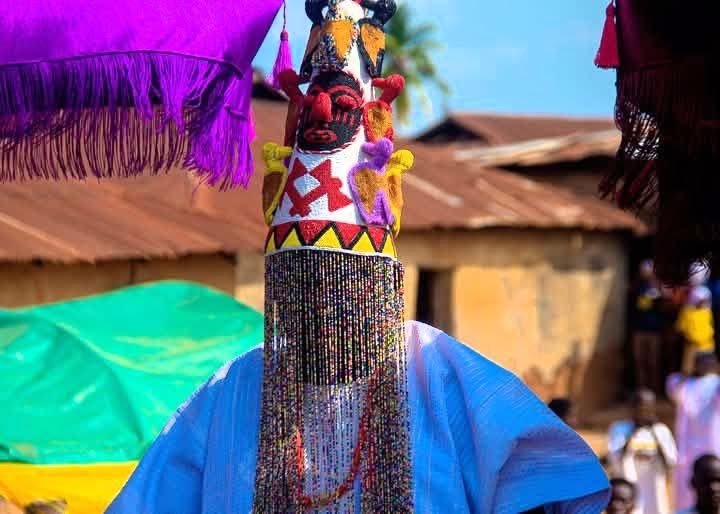For the second year running, three South-West states have set aside August 20 as a work-free day to honour Yoruba tradition.
Lagos, Oyo, and Ogun governments all announced that civil servants would not report to duty during the 2025 Isese Day celebrations held on Wednesday.
The decision reflects a growing recognition of indigenous faiths and cultural practices, often overshadowed by Christianity and Islam in Nigeria.
The Lagos State government issued a circular signed by Head of Service, Bode Agoro. It was addressed to top officials including the Deputy Governor, the Speaker of the House of Assembly, the Chief Judge, commissioners, and local council leaders.
The circular stated that Governor Babajide Sanwo-Olu remains committed to “promoting indigenous culture, tradition, and heritage while strengthening support for traditional institutions across the state.”
Lagos first joined the Isese Day holiday in 2023, after years of appeals from traditional religious practitioners who argued that their faith deserved official recognition, just like Easter, Eid, and Christmas.
Oyo and Ogun Follow Suit
In Oyo State, Secretary to the State Government, Prof. Olanike Adeyemo, confirmed the governor’s approval in a circular dated August 18. The note made it clear that workers would stay home to mark the day.
Ogun State had earlier led the way in 2023 when its House of Assembly passed a motion to make August 20 a public holiday.
Governor Dapo Abiodun signed the decision, stressing that Isese practices are a “vital part of the state’s identity and cultural landscape.”
Since then, the state has continued to mark the day with colourful events, prayers, and rituals in towns like Abeokuta and Ijebu-Ode.
Preserving Yoruba Heritage
Isese Day celebrates the traditions, deities, and values of the Yoruba people, with ceremonies often led by priests of the Ifa religion.
The observance has drawn support from cultural groups who argue that Nigeria must preserve its diverse heritage in the face of globalization.
The recognition of indigenous holidays also aligns with the UNESCO Convention on the Protection and Promotion of the Diversity of Cultural Expressions, which encourages countries to safeguard minority cultures.
For many Yoruba faithful, the holiday is more than a day off work. It is a moment to affirm their place in Nigeria’s religious and cultural matrix, alongside Islam and Christianity.
Rate, Like 👍, Comment💬, share this article, Follow us on our social media handles, and Submit your own story to get featured and earn rewards!







